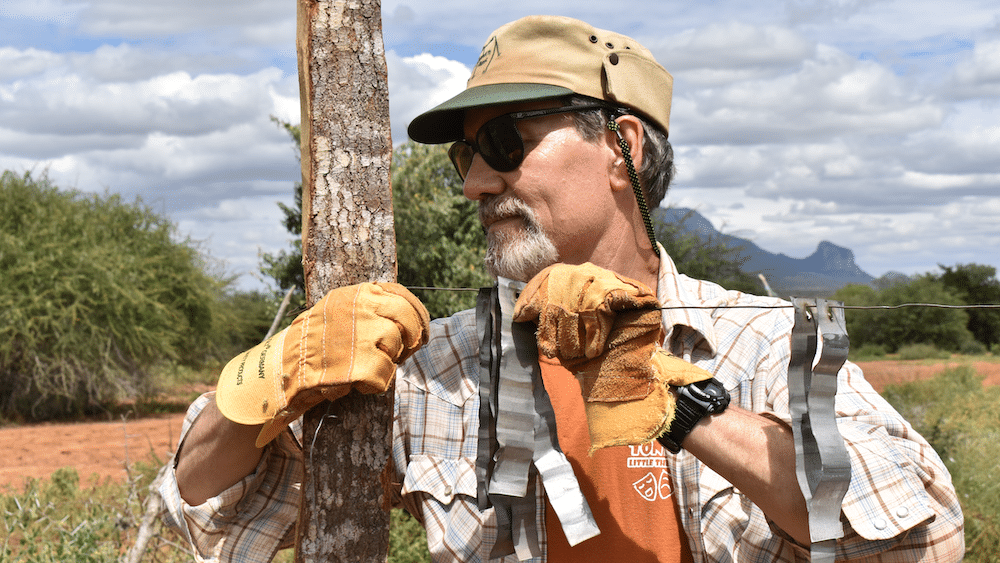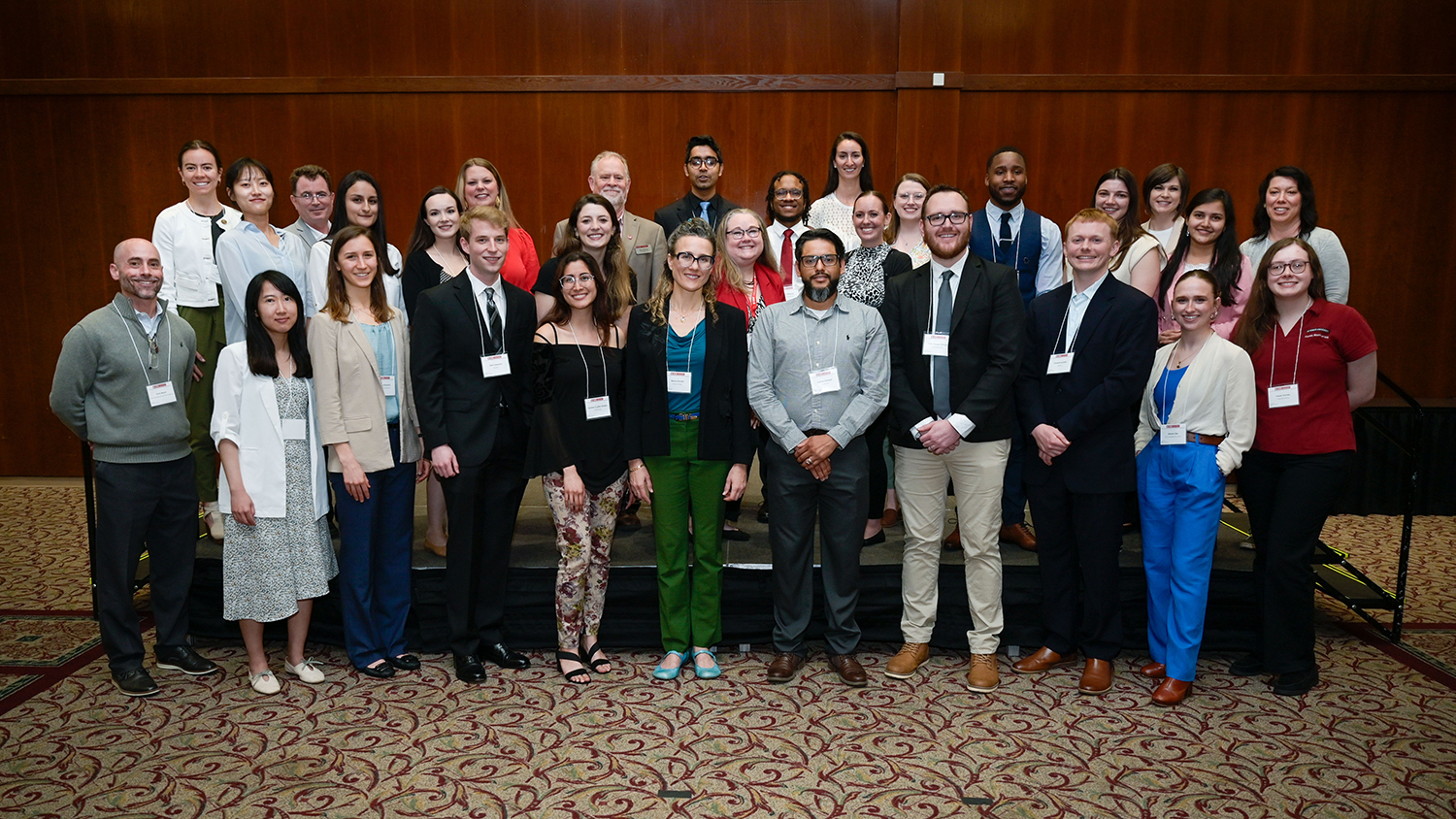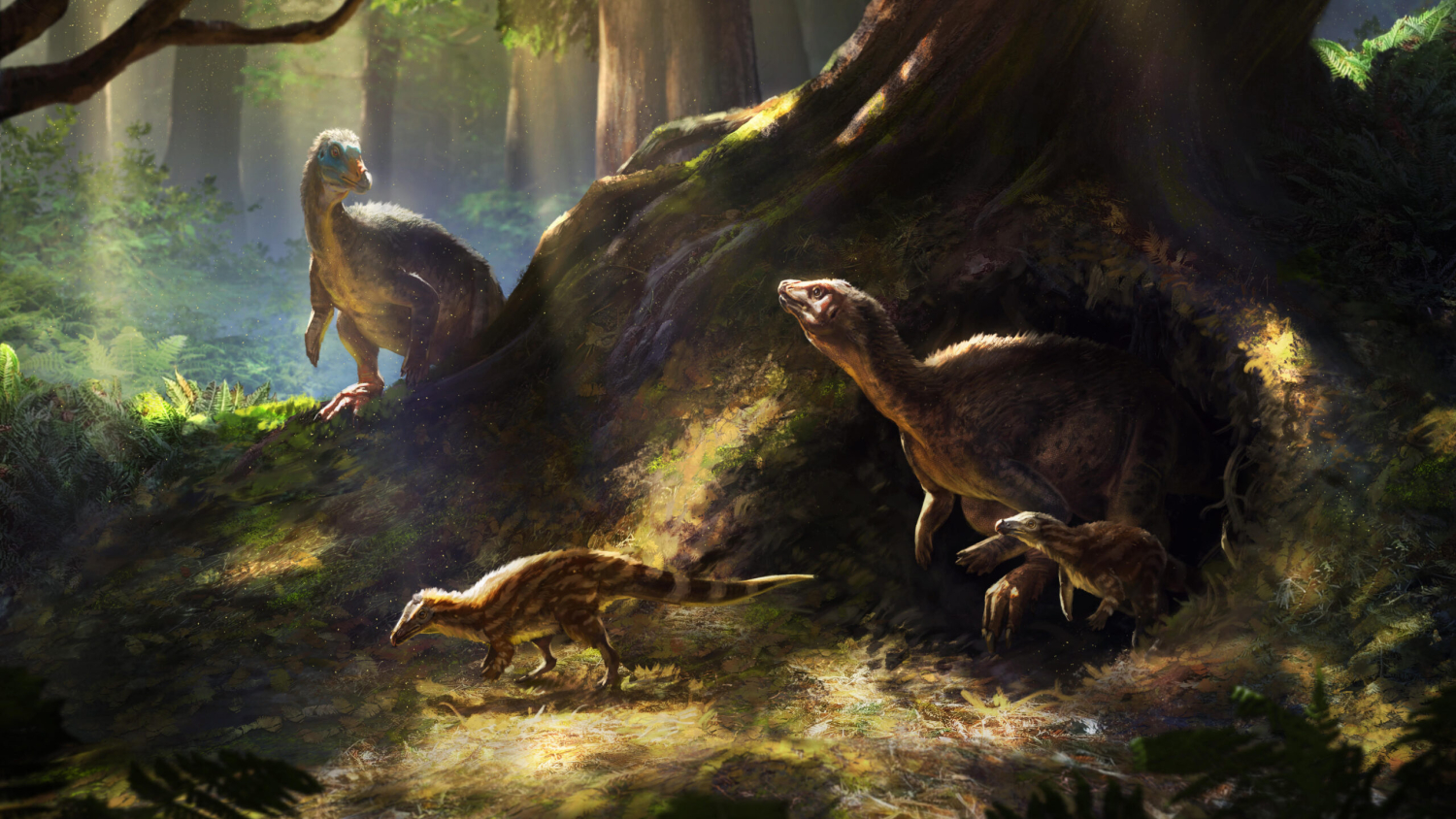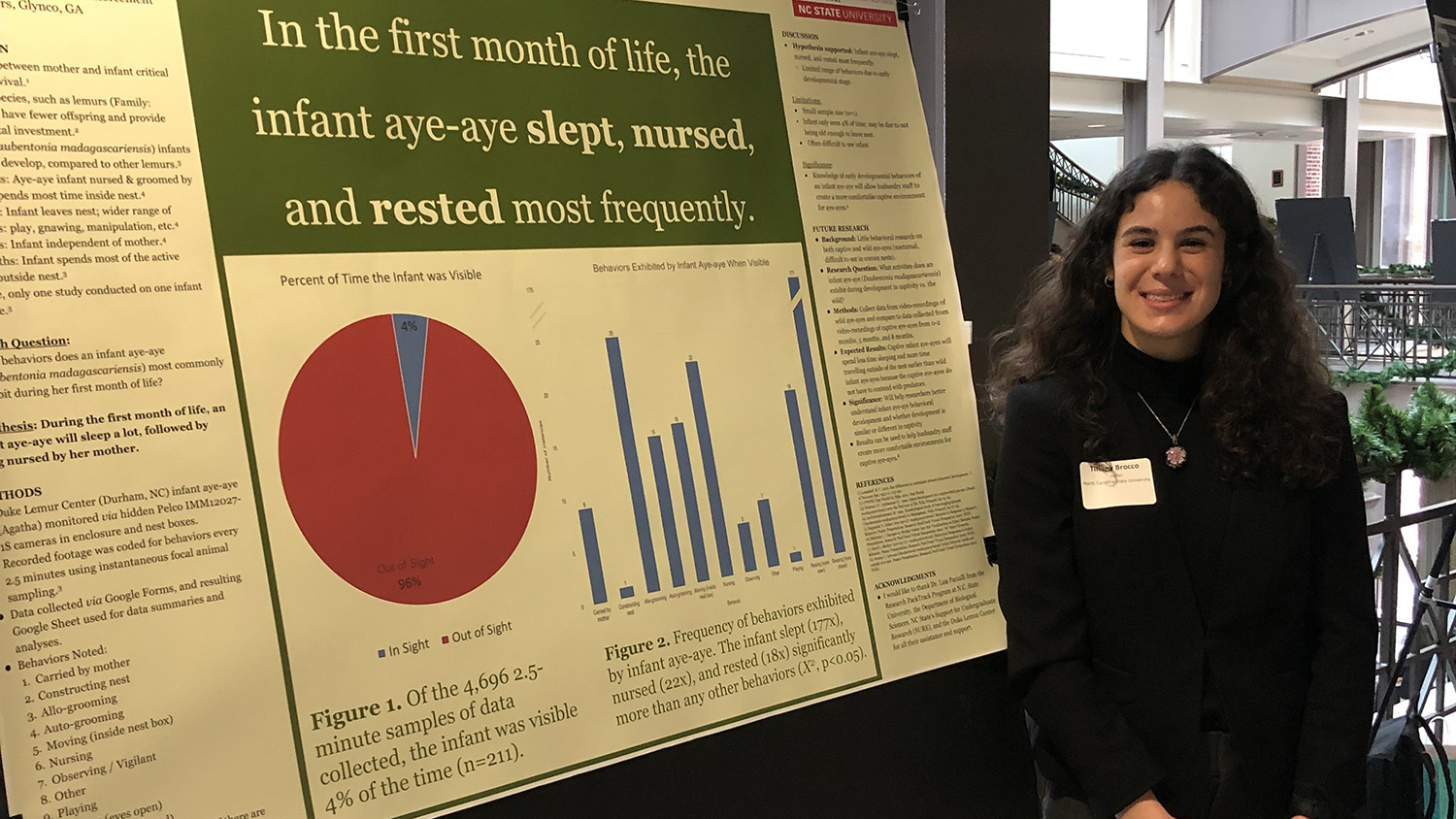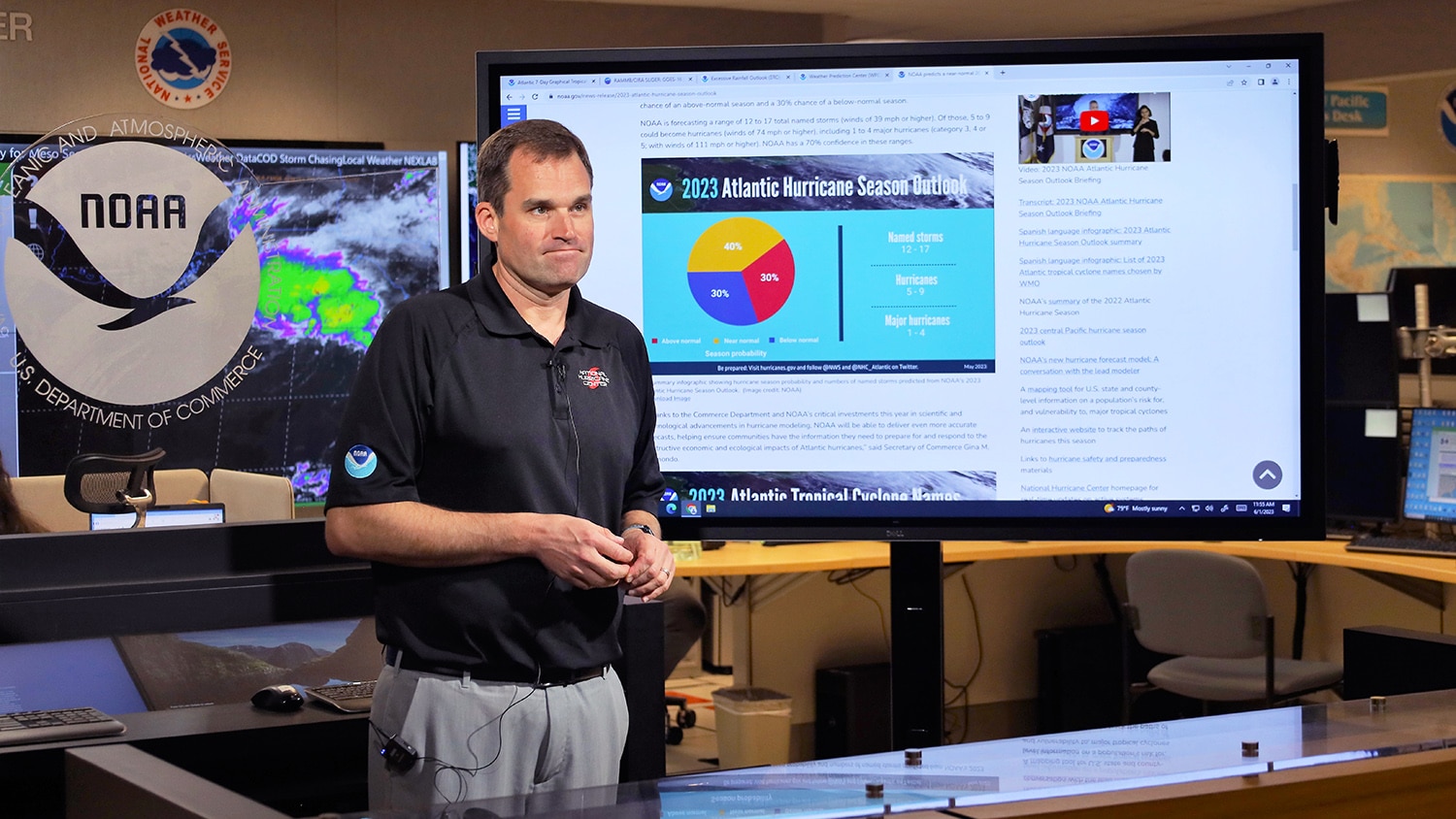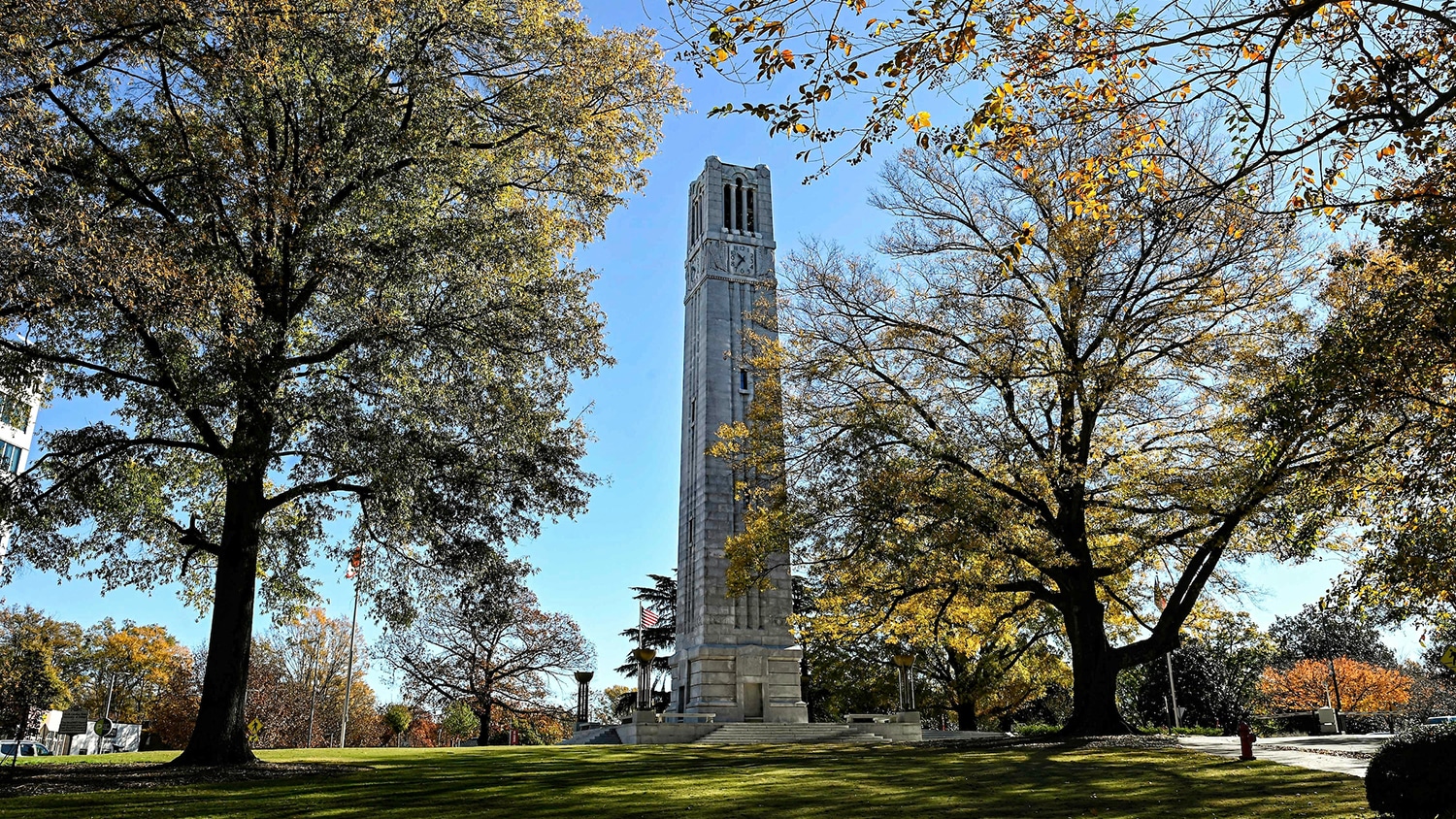Aug 21, 2023
NC State Researcher Discovers New, Unique Plant-Eating Dinosaur
PBS NC
“Finding Iani was a streak of luck,” said Lindsay Zanno, an associate research professor in the Department of Biological Sciences at NC State. “We knew something like it lived in this ecosystem because isolated teeth had been collected here and there, but we weren’t expecting to stumble upon such a beautiful skeleton, especially from this time in Earth’s history. Having a nearly complete skull was invaluable for piecing the story together.”
